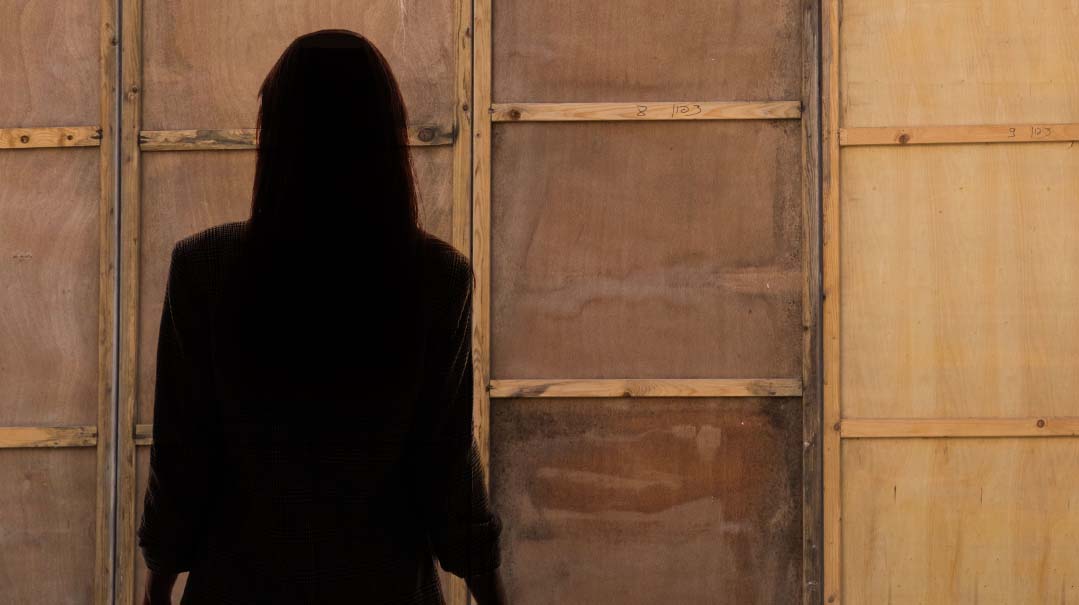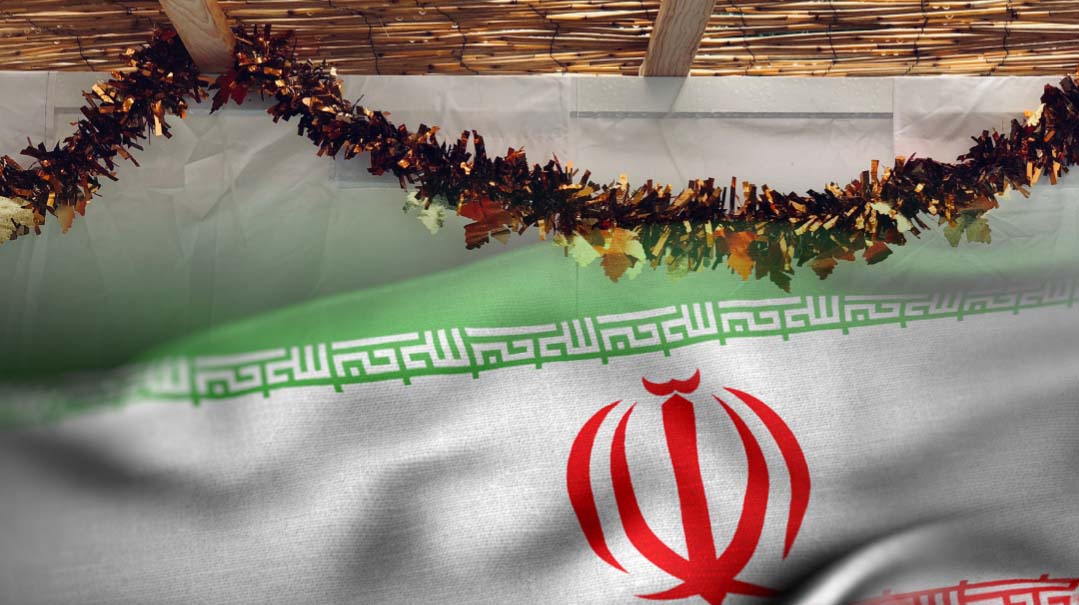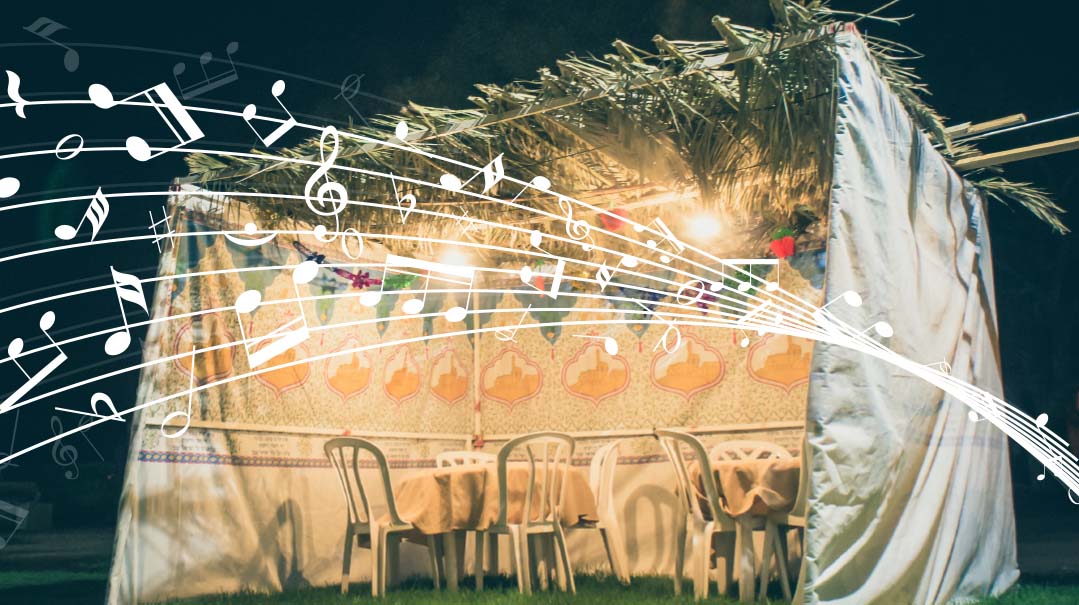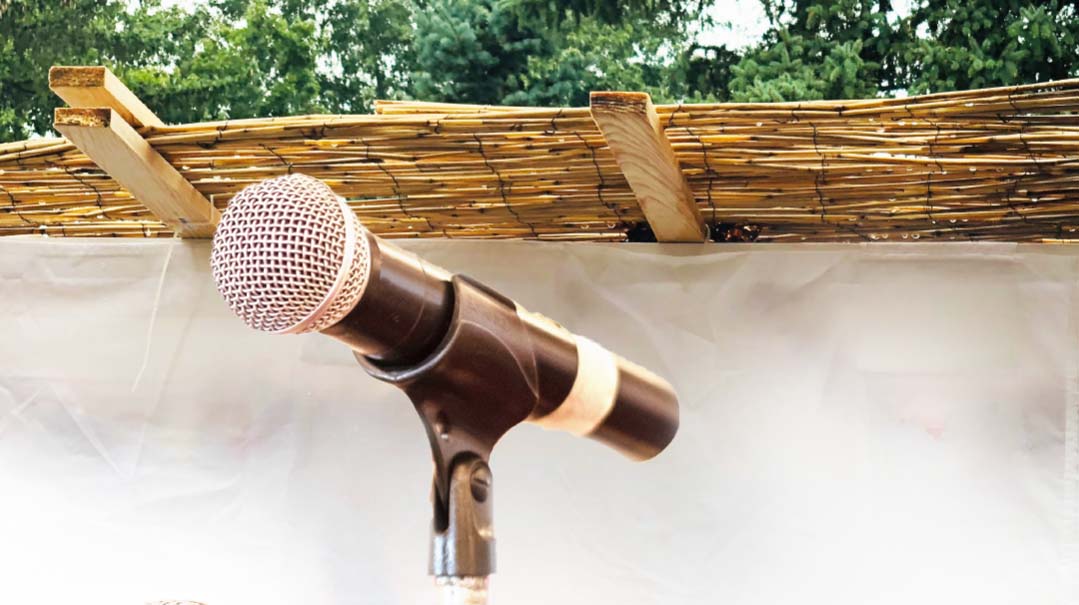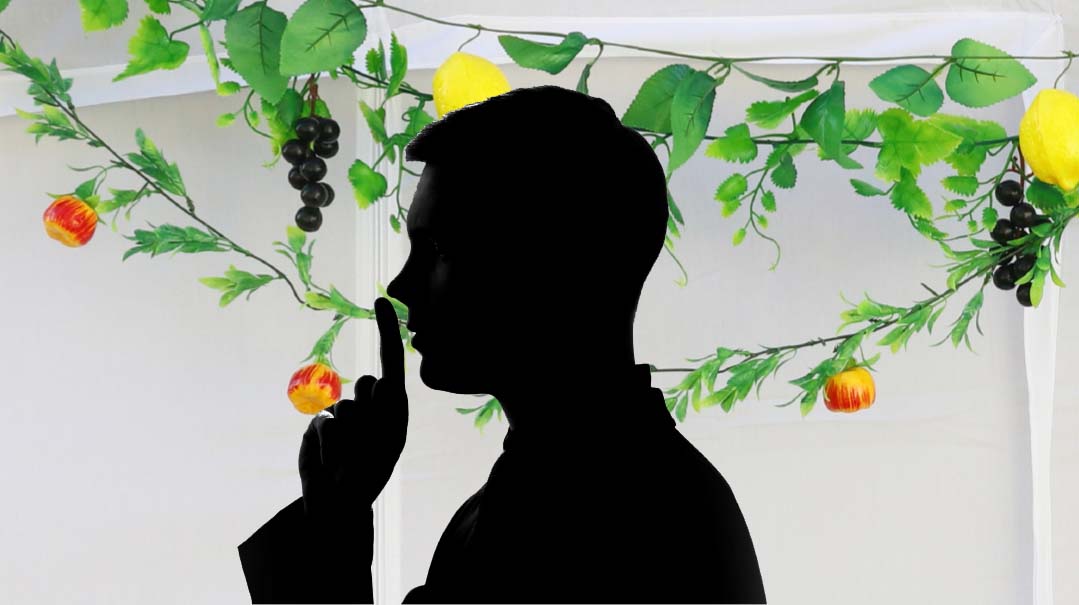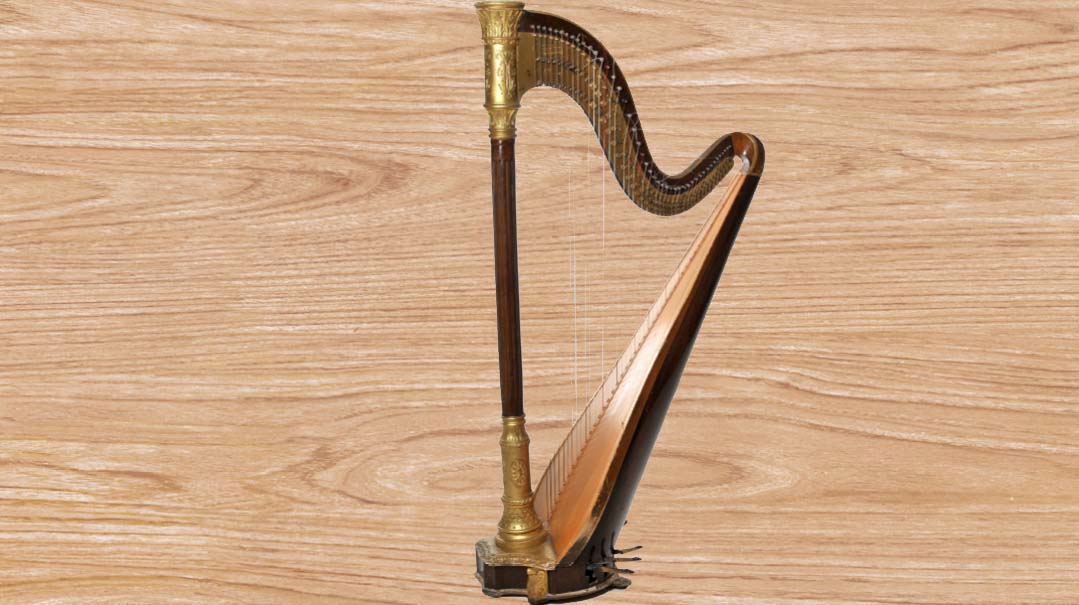Legacy of Kindness

A Yid should always know, no matter where he’s led, that he has a Divine mission to perform right there

In chassidic thought, the concept of Ushpizin — ushering guests into our succah — reflects Am Yisrael’s wanderings in foreign lands. Our travails as guests in galus are an intrinsic piece of Hashem’s Master Plan; part of our mission as a nation — to gather the Divine sparks throughout the world, in preparation for the coming Geulah.
The Baal Shem Tov is also connected to the Ushpizin of Avraham. He used to say that a Yid should always know, no matter where he’s led, that he has a Divine mission to perform right there.
Lech Lecha. Go forth… into the unknown. Bear My Name over the shifting sands of the Levante; offer shelter to the strangers who cross your path, let humanity feel My love. One day, you will be the father of multitudes who share that sense of purpose.
My father battled cancer for close to 11 years, and my sister and I accompanied him to too many chemotherapy sessions to count. Check in. Wait for bloodwork. Wait for results. Wait for the chemo packs. Wait for the hook-up. Wait for the medicine to do its work… lots of waiting.
But unlike most patients who were glued to their chairs, scanning the ceiling, and riffling through newspapers, my father was a man on a mission. A smile. A kind word. A joke... The medical staff soon considered him their ally.
My sister was there the day he was asked to meet Rina.
“A young woman came in today,” the nurse said. “She’s just given birth to her sixth child, and they discovered a growth. Bad state. Refusing treatment. Will you talk to her?”
Whatever he said to Rina, it worked, and during most of her illness, she never scheduled a chemo visit without first checking that my father was to be there, too. When her health deteriorated rapidly, she asked for my father from her hospital bed. By then he could only get around in a wheelchair, so my sister and brother-in-law accompanied him to oncology.
“I need help with bitachon,” she said matter-of-factly. Just as steadily, my father helped her prepare for her final journey, advising her what to say to each of her children before saying goodbye himself.
After being wheeled away from her room, he barely made it to the elevators before he signaled to my brother-in-law to stop. Placing his head against the cold marble wall, he broke into tears.
Her husband later told us that just before her passing, on Shabbos day, she’d asked him to sing “Lecha Keli teshukati” — a song of dveikus — and her soul rose to greet her Maker while he sang.
Then there was the time he was admitted days before Shavuos due to an unexpected complication. We were anxious about where he’d be for the Yom Tov, but chasdei Hashem, he was discharged just hours before sunset.
A haggard nurse flagged him on his way out and pointed to a room nearby.
“Bevakashah… go see that guy before you go, oh-kay? He’s just been diagnosed, and the family is in shock.” My father was weak and eager to return home, but he asked my brother-in-law to swivel the wheelchair. The patient’s family stood around his bed, looking like it was Erev Tishah B’Av. They didn’t know my father. He didn’t know them. And yet, in under an hour, they were joining hands and singing soul-stirring songs of inspiration.
Each of my father’s ward encounters was unique, and far too numerous for this space, but his mantra was constant and concise. As he exited the hospital, he turned to my sister and said: “Now I know why I had to be here this week!”
Because the way my father chose to see it, the driving force behind his cancer was that Hashem had placed him on the oncology ward to help others.
L’illui nishmas Reb Nachum Aryeh ben Rivka Lieba zt”l, whose neshamah reached the Heavens on Simchas Torah — as Am Yisrael danced hakafos.
(Originally featured in Family First, Issue 760)
Oops! We could not locate your form.

